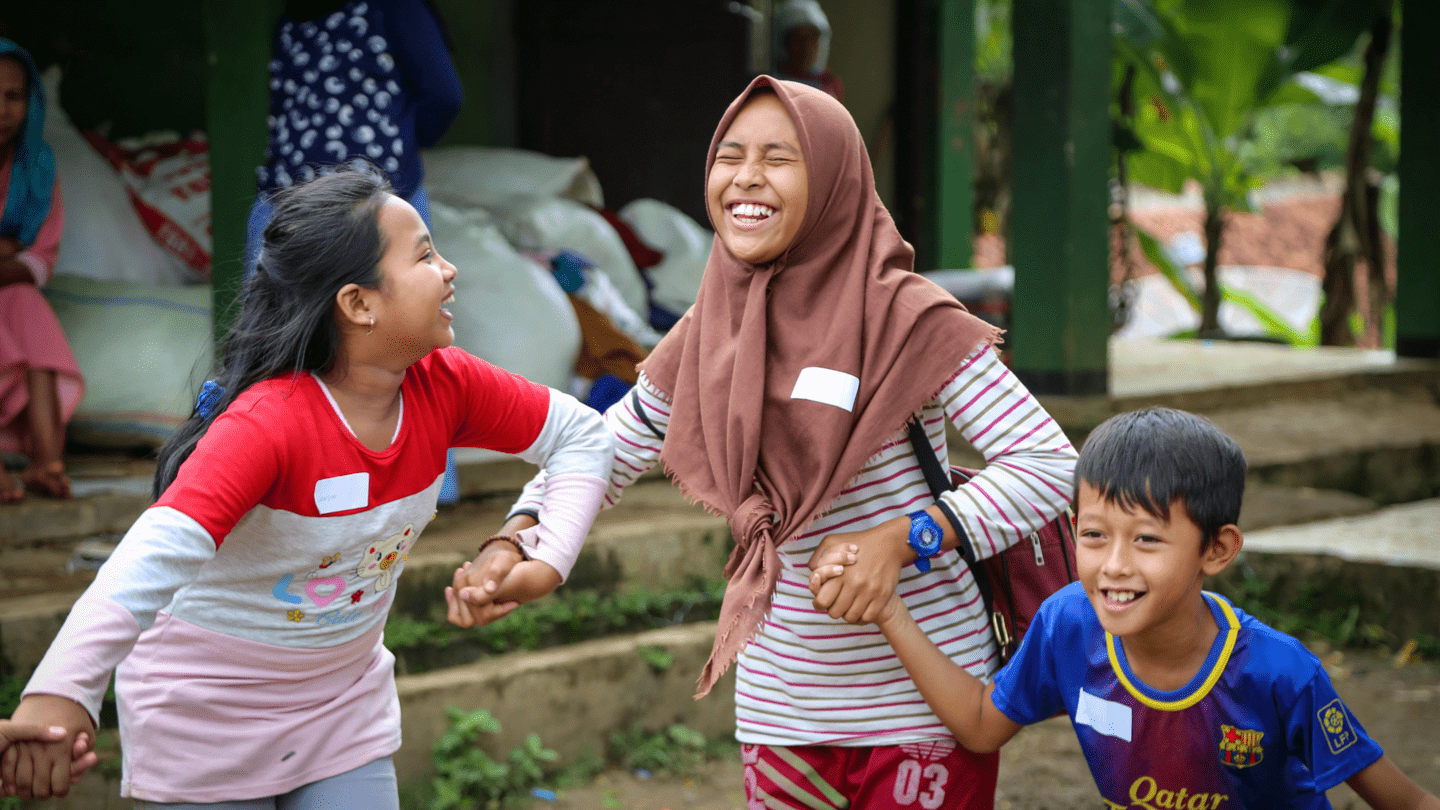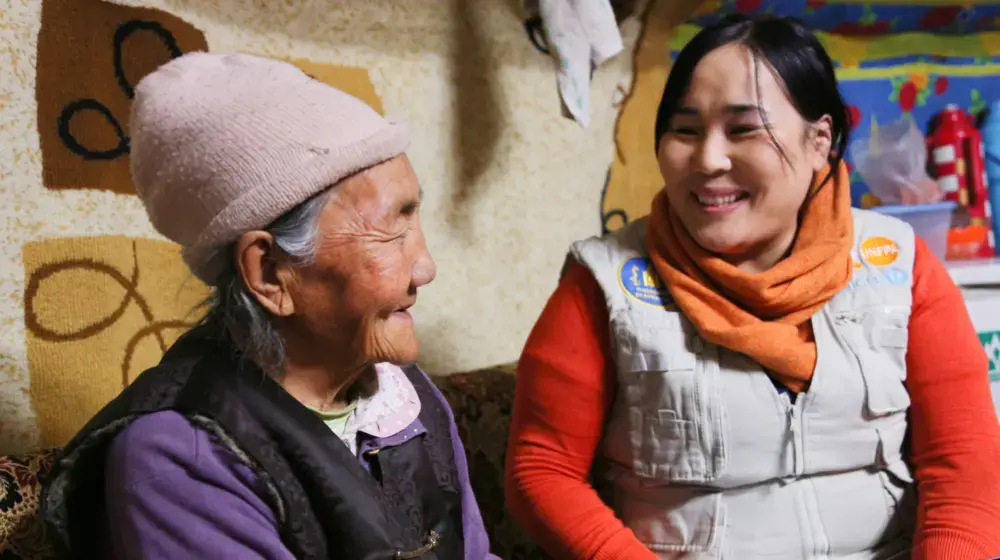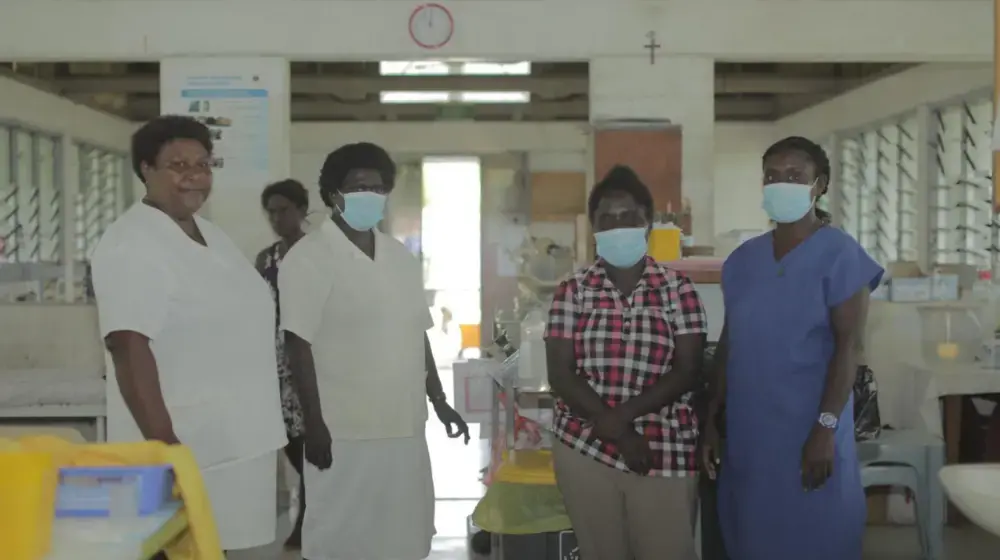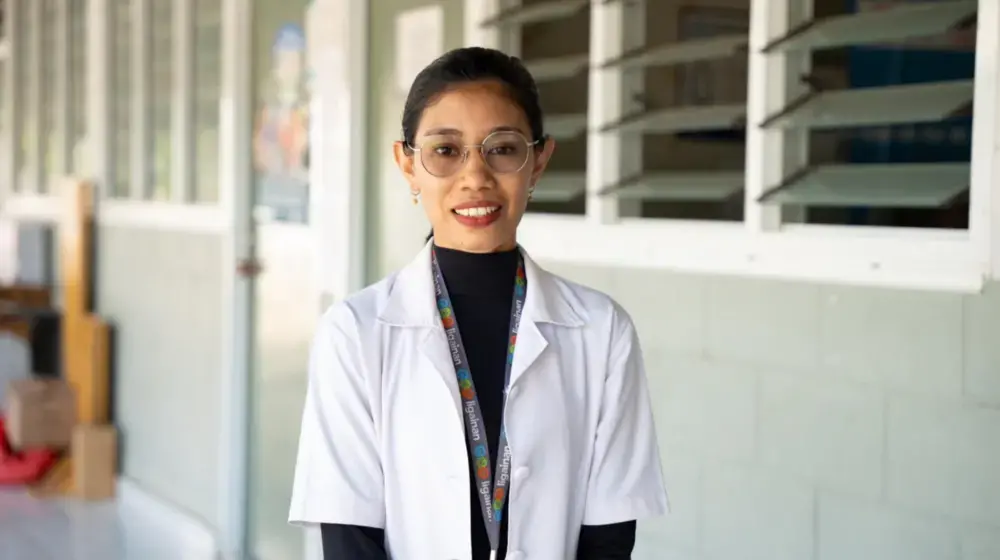"We found out later in life that we were cut," shares Hanna, a young women's rights activist from Singapore, member of the Asia Network to End Female Genital Mutilation/Cutting (FGM/C). "Like many others from my organization, we are mostly survivors of female genital cutting." Hanna is one of 230 million, globally, who have faced mutilation and/or cutting of their genitalia.
In Southeast Asia, where 35 per cent of all FGM/C cases occur, the practice remains largely invisible and unaddressed. From Singapore to Indonesia and Thailand, millions of women and girls endure this grave human rights violation.
FGM/C involves altering, removing or injuring female genital organs for non-medical reasons. Many survivors are subjected to it as infants or young children, unable to consent or comprehend. Often, they only discover the truth years later. Deeply rooted in traditional expectations and harmful gender norms, the issue is kept behind closed doors.
FGM/C prevention programs in Southeast Asia require urgent scaling up to address this crisis. This neglect has led young activists like Hanna to speak up and demand change.
Here are five critical reasons why addressing FGM/C in Southeast Asia is crucial:
1. FGM/C in Southeast Asia is a hidden human rights violation
Every girl deserves to grow up free from harm and discrimination. Yet across Southeast Asia, deeply rooted harmful practices continue to violate this human right.
“It's about bodily autonomy. It's about girls and women and people with clitorises not having the choice or the consent of what has been done to them,” said Dina Abdullah, International Planned Parenthood Federation. “This is unacceptable in any context.”
The reality is stark: This early violation fundamentally impacts a woman's relationship with her body and sense of self throughout her entire life. The impact ripples through generations, affecting not just individual women, but entire communities. When communities remain silent, harmful norms are passed down, perpetuating cycles of inequality and harm across generations. When girls are denied their right to bodily autonomy, they are denied their fundamental human right to make decisions about their own bodies and futures.
2. FGM/C survivors suffer long-term harm
Survivors of FGM/C endure profound physical and psychological consequences, extending far beyond immediate physical harm.
"It is a lot of trauma for the survivor,” said Julie Thekkudan, Equality Now. “There is harm. It's just that it may not be physical, but there is a mental side to it.”
Alarmingly the practice is becoming increasingly medicalized across Southeast Asia. In Indonesia alone, nearly half (48 per cent) of reported cases are performed by healthcare workers.
Medicalization falsely legitimizes FGM/C, reinforcing the practice while perpetuating harm. It creates a dangerous notion that FGM/C by a health professional is safe. A lack of regulation is prolonging this misconception.
"Whether you're in a village doing FGM, some sort of cutting, or whether you're in a doctor's office, with sterile equipments… cutting it is still harmful. It is a dangerous practice,” said Dr. Ashvinderjit, Malaysian Doctors for Women and Children.
3. Community action against FGM/C can break barriers
Addressing these profound impacts begin at the community level, where education can create pathways for change. Yet it demands careful engagement with deeply held beliefs and traditions. If no one wants to talk about it, how can real progress develop?
“At the government level, at the religious leader level, at the community level, people need to understand the concept that FGM in any of its forms is harmful and therefore needs to be ended,” said Sean Callahan, Orchid Project.
Real change happens through dialogue. This means creating safe spaces for difficult conversations, which many young activists want to have within their local communities. “We know that a lot of activists and organizations on the ground are really trying to get the conversation going amongst community members - just so that they're aware of what the practice is,” said Julie Thekkudan. "They want to have a conversation as to why and what can be done.”
Through education and respectful engagement, communities can recognize FGM/C as a human rights violation while being empowered to make informed decisions about harmful practices.
4. Moving from denial to action can confront FGM/C
Community efforts alone face significant barriers due to a broader culture of institutional silence. Most Southeast Asian countries either don't recognize the practice or deny its existence entirely. This silence, coupled with a lack of reliable data, makes it nearly impossible to develop effective policies or provide adequate support services.
Without FGM/C recognition in the region, survivors often feel isolated and unable to seek help, while communities continue the practice without questioning its effects. Healthcare providers lack proper training, and policymakers lack the evidence needed to act.
Disrupting this devastating cycle - from community level to government recognition - is crucial to ending this harmful practice.
5. FGM/C inaction in Asia impedes global progress
Real institutional change demands both regional cooperation and global recognition. A reminder: Asia accounts for 35 per cent of all FGM/C cases—the second largest global burden after Africa—yet the issue often receives less attention in global discussions. Without addressing FGM/C in Asia, efforts to eliminate this harmful practice remain incomplete, making it impossible to achieve Sustainable Development Goal 5.3. Protecting the rights and dignity of every girl and woman requires urgent regional action.
Breaking the silence, building the future
Breaking the silence on FGM/C demands a comprehensive shift: from building evidence-based solutions to fostering regional collaboration, and from increasing policy commitments to empowering community voices. Most critically, it requires safe spaces where survivors can share their stories and lead change.
"I believe that we have the power to move the opinions forward since we will be the majority of the future generation," said Hanna.
Her words echo the hope and determination of a new generation ready to collaborate and end this harmful practice.
All quotes were recorded during the first ever partnership meeting on FGM/C in Southeast Asia, hosted by UNFPA and UNICEF in Bangkok, in October 2024, with support from the Government of Australia.





